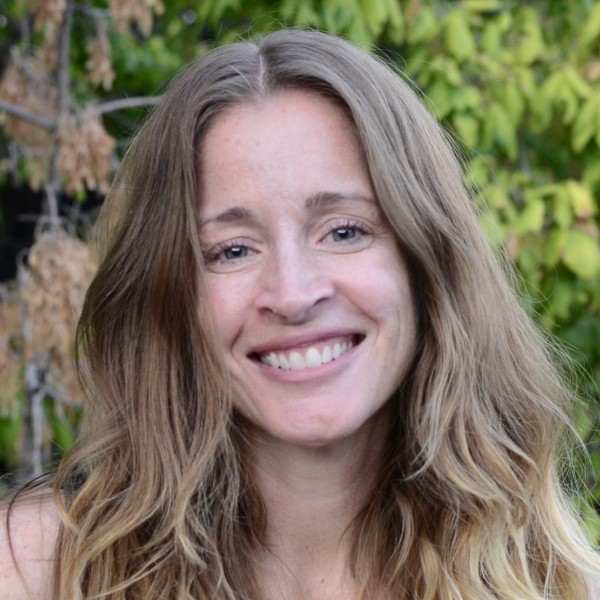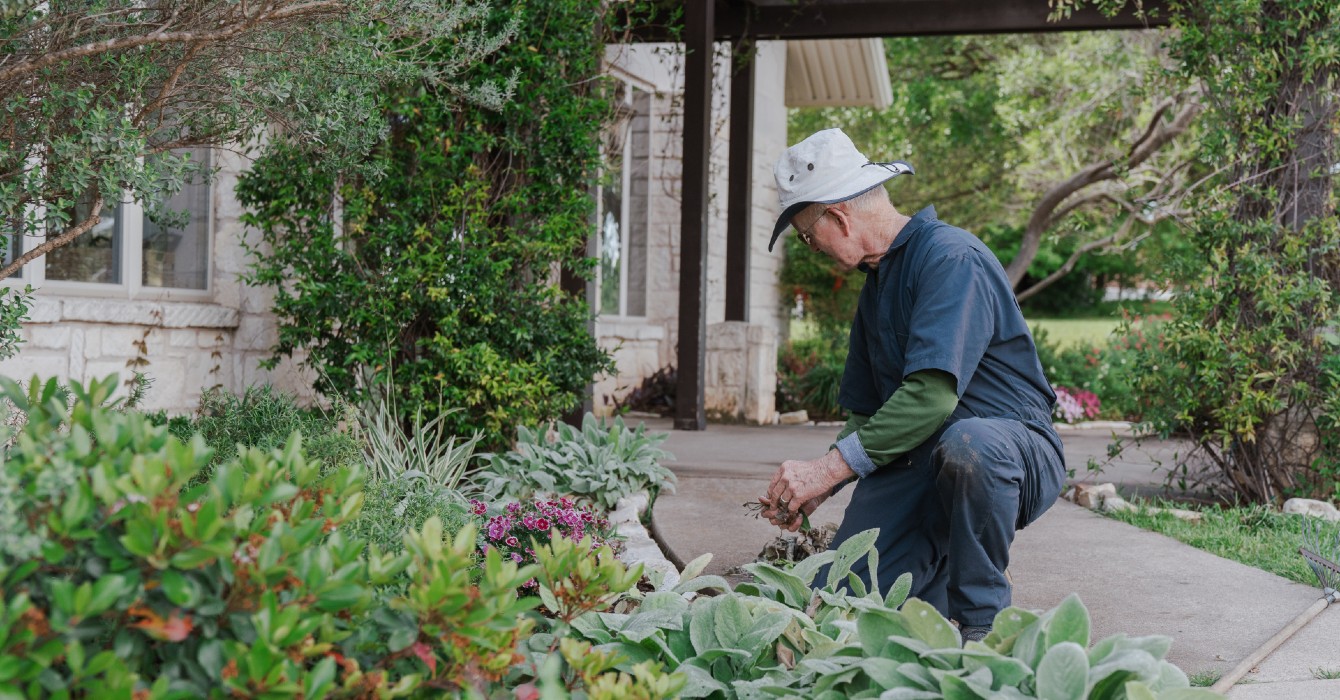“Greater things have yet to come, greater things have yet to be done in this city,” croons the contemporary worship leader before a sea of raised arms and swelling voices.
It wouldn’t matter if the scene described here was a Southern Baptist congregation in Mobile, Ala., a seeker-sensitive service in Southern California or a Wednesday night campus ministry gathering at Columbia University. The chorus would be sung no less fervently in any of these places. And it would be but one of many examples of how the idea of the city has gained a stronghold on the imaginations of American Christians.
It’s hard to ignore the surge of Christian interest in the city. Everywhere there seems to be a preponderance of congregations with an urban mission. Many of them broadcast their intentions in their name or vision statement. Here in Chicago, there’s River City Community Church, Urban Village Church and City Church Chicago, among many others. One church called Grace Chicago states its desire to seek “the welfare of the city by embracing the good news of God’s redemptive promise.” And on Google, one can find a sleek website for a congregation simply called “City Church” in almost every major American city -- none of which seem to be related to the others.
Attention to the significance of the city isn’t especially new. The prior generation may remember the ink spilled by Harvey Cox, Francis Schaeffer and Jacques Ellul over the meaning of a rapidly urbanizing society and the accompanying forces of technological progress and secularity. The new Christian urbanites, however, have a decidedly less ambivalent view of the city, heralding it in no uncertain terms as the future of the church.
Viewed through more cynical eyes, this trend might seem like another clever marketing tactic. But for many of these upstart congregations, the city possesses inherent theological significance. Redeemer City to City, a church-planting network started by Tim Keller’s Redeemer Presbyterian Church, cites God’s creative intent for the city as its raison d'être. “The city is not an accident…it is something God uses in his redemptive plan,” explains Keller in a video on the website.
Still, the city is a contested site. Urban theorists have alternately seen it as a playground for the creative class or a place of trenchant inequity and racial policing (see Mike Davis’s disquieting reading of Los Angeles in “City of Quartz”). Likewise, it is possible to identify a similar but blurrier fault line that runs through this new urban movement.
Many urban churches talk about the city in more or less glowing terms -- as a strategic mission field for movers and shakers in the local arts scene, higher education, media and politics. But for other congregations, including some in the multiracial church movement, the bright lights have an underside. There you might be more likely to hear frank discussions about community organizing, race and systemic inequity -- topics that might be deemed too politically sensitive elsewhere. As Cox noted 20 years after writing his classic, “The Secular City,” the city “feels quite different to those for whom its promise turns out to be a cruel deception.”
The urban church in its many expressions will likely remain a topic of interest to theologians and sociologists for the foreseeable future. Renewed interest in the city is an auspicious development, but perhaps we should stop short of enshrining it. We might just miss what God is also up to outside the metropolis (remember that things happen outside the city, too). After all, there are vibrant churches and ministries in rural areas -- where issues of economic and environmental justice are no less pressing, and even in the suburbs where a new class of poor is emerging. To borrow a phrase from John Calvin, the world (not just Geneva) is the theater of God’s glory! Urban, suburban, rural -- God uses all of it, and for that we may be grateful.







